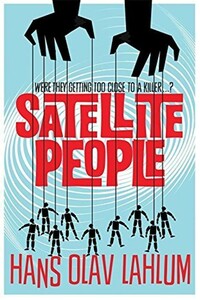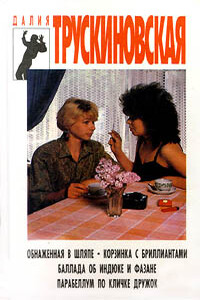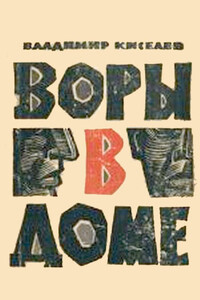The Catalyst Killing | страница 31
Judging from the front cover, the book was a single-volume work on nineteenth-century English literature. It certainly looked as though it contained most of what could be written about the subject.
When she was only a few feet away, I could not resist saying: ‘Miss Filtvedt Bentsen, I presume?’
She came to an abrupt halt, lowered the book and looked at me, more than a little bewildered. The twinkle in her eye rapidly changed to curiosity when I produced my police ID. The first thing I heard her say was a surprise nonetheless.
‘How exciting. Am I about to be arrested? In which case, what for?’
She looked up at me with a teasing smile, but was serious again as soon as I said that I unfortunately had to ask her some questions regarding the investigation into the death of Marie Morgenstierne.
‘Oh, so it was poor Marie? I heard that a young woman had been murdered at Smestad on the radio while I was eating my lunch today. They didn’t give her name, but I was anxious to know whether it could have been her or Kristine Larsen. Then I reasoned that the chances of that were very slim. What a terrible thing to happen, and I will of course answer any questions you might have about the case.’
I stared at her, fascinated, and then shook the hand she held out towards me. Her handshake was firm and her expression somehow both concentrated and relaxed at the same time. I was surprised to notice a necklace with a small cross around her neck. I had heard that there were Christian socialists in the SPP, but had never encountered one before.
It occurred to me that she also disproved the claim that one of my colleagues had made that if there were attractive women in the SPP, he had certainly never seen one. Her fair hair fluttered in the wind. It seemed to me that there was something refreshing and free-spirited about Miriam Filtvedt Bentsen, something that made me more interested in her than the other three members of the group.
I nodded my agreement as soon as she pulled a key from her jacket pocket and suggested that we should go and sit down in the party office.
The SPP office was even smaller, dustier, more overflowing with paper and more deserted than I had imagined. There was no danger of us being interrupted as we sat on our chairs by a desk that looked like it was about to collapse.
Miriam Filtvedt Bentsen had now very definitely closed her book and given me all her attention. She leaned across the desk with obvious interest and concentration. I of course could not be seen to be any different. So five minutes after meeting for the first time, we were thus suddenly sitting in deep and focused conversation, our faces only inches from each other.




